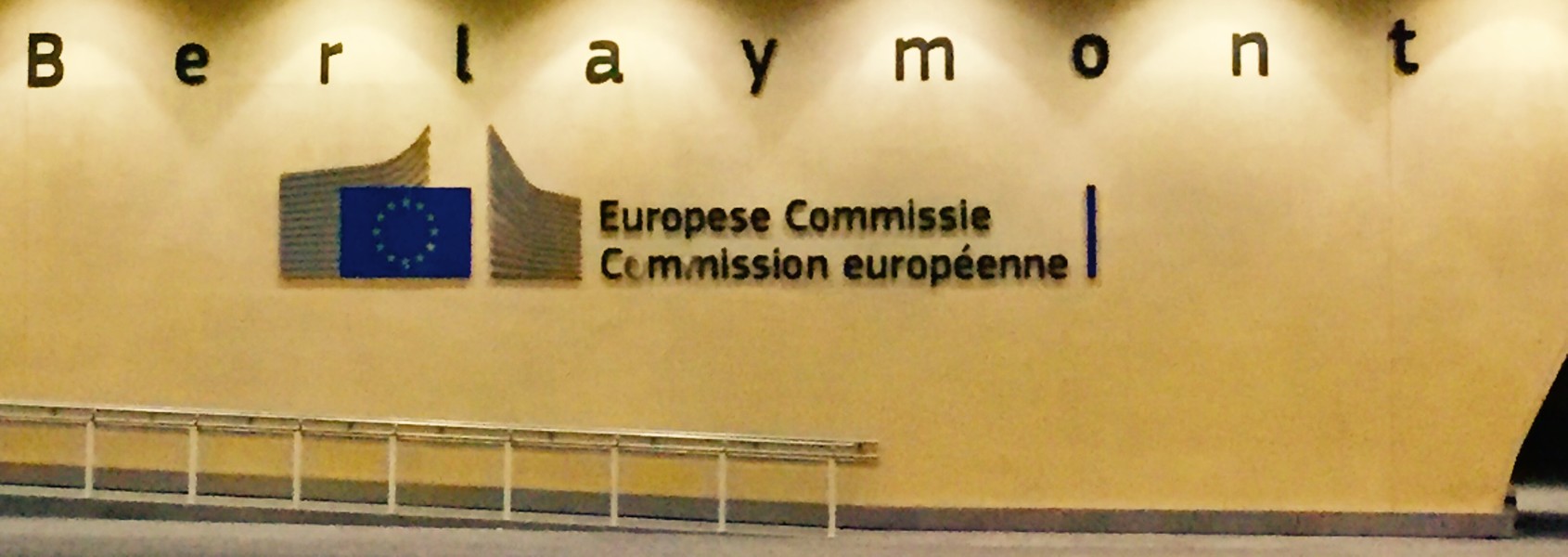The political fate of the European Union temporary digital service tax (DST) targeted at large internet companies such as Google, Facebook, Amazon and eBay dimmed significantly over the weekend when numerous EU states criticized the plan.
Despite an intensive campaign led by European Taxation Commissioner Pierre Moscovici and French Finance Minister Bruno Le Maire insisting the 3 percent tax was necessary to force the “internet giants” to pay their fair share of tax the efforts failed. Not only did Ireland – along with countries from Scandinavia led by Sweden – speak out forcefully against the plan but the British Chancellor of the Exchequer Philip Hammond jumped sides on the issue.
EU finance ministers met April 27-28 in Sofia as hosts of EU rotating presidency holder Bulgaria. The meeting was the first time the Council of Economic and Financial Affairs – commonly referred to as ECOFIN – convened since the European Commission unveiled the temporary digital turnover tax on March 23.
Considered a key issue for French President Emmanuel Macron and En Marche! political party reform efforts in France, Le Maire as well as Moscovici met personally on the eve of the meeting with “reticent” countries in order to garner support for the tax plan. This included meetings with the finance minister of Ireland also those from Cyprus, the Czech Republic, Malta and Luxembourg.
The European Commission and the French government were hopeful that along with the backroom arm twisting, the prevailing public opinion polls supporting measures to tax large Internet companies had turned the political tide in their favor.
But two hours of closed-door debate last Saturday in the Bulgarian capital proved to be a rude awakening. A majority of EU member states cast doubt on the temporary EU digital tax and instead voiced a preference for a global solution via the Organization for Economic Cooperation and Development (OECD).
Perhaps the most surprising support for the OECD global solution came from Hammond. In September of 2017, the British chancellor signed a letter along with Le Maire along with the finance ministers of Germany, Italy and Spain supporting a short-term EU digital tax. The letter insisted the temporary levy was necessary until the OECD could work out a global solution pm digital taxation.
But the political tensions with the United States over trade tariffs seems to have triggered a change. Hammond warned that an EU move to adopt a short-term digital tax would be seen by the Trump Administration as a tariff on U.S. internet companies.
Germany also seems to have second thoughts about its support for the temporary turnover digital levy. Besides signing the September letter, the new German coalition government agreement between the Angela Merkel-led Christian Democrats and the Social Democrats includes a call for taxation on large internet companies.
However, recent pressure from the German business lobby group BDI and German automakers seems to have changed minds in Berlin. Not only did new German Finance Minister Olaf Scholz failed to speak in favor of the tax during the EU finance minister meeting but he also did not endorse it during a joint press conference with Le Maire held after the meeting.
Other countries, with Sweden being the bluntest, warned that the short-term digital levy would likely to open a Pandora’s Box of trouble as other countries including those in Asia would use a similar turnover tax to hit EU exports.
Despite the clear rejection of the digital turnover tax the European Commission and the French government efforts were not for naught. OECD Secretary General Angel Gurria, who attended the meeting in Sofia, announced the Paris-based institution will now move up to 2019 from 2020 a plan to finalize a global digital tax solution.
“This issue is too important to be urgent”
Gurria said in preaching patience to the EU finance ministers. He said an EU move to adopt a short-term digital tax would likely seriously undermine the OECD efforts to reach agreement as both the United States and Asian countries would likely drop their support for the ongoing negotiations.
In the meantime, EU finance ministers will again in the coming months to consider further the fate of the temporary turnover tax. Moscovici and Le Maire are pushing for an agreement by the end of 2018. Based on discussions over the weekend, that is a goal few expect to come to fruition.

